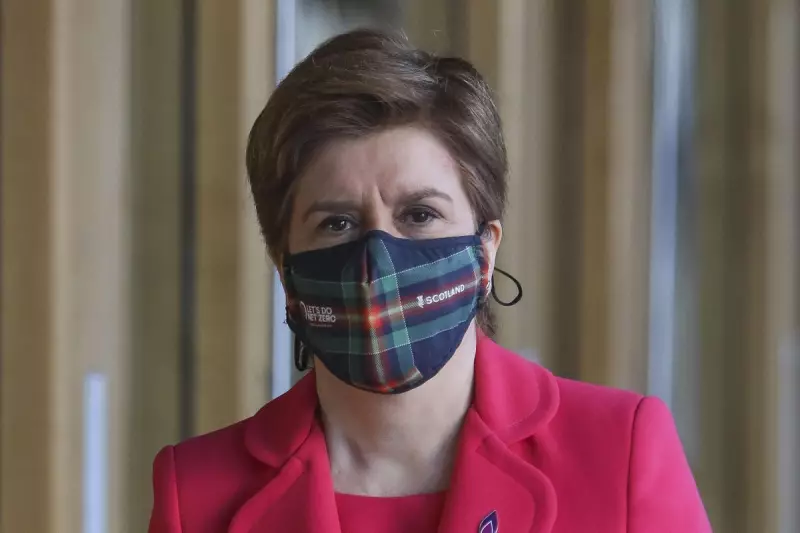
The UK Covid-19 Inquiry has concluded that informal 'gold command' meetings led by former First Minister Nicola Sturgeon 'reduced transparency' within the Scottish Government during the pandemic.
Key Findings on Decision-Making
The inquiry report found that Ms Sturgeon met separately with a small group of ministers and advisers, including Deputy First Minister John Swinney, outside of formal Cabinet meetings. Decisions made in these forums were later presented to the full Cabinet for ratification.
No official minutes were taken during these gold command meetings, making it 'difficult to understand the nature and extent of the discussions', the report stated. This practice was found to have diminished the role of the Scottish Cabinet, which frequently became a 'decision-ratifying body, not the ultimate decision-making body'.
Specific Example: School Closures
The inquiry highlighted a specific instance on 17 March 2020 where the Cabinet agreed to consider school closures in the coming days. However, immediately after that meeting, Ms Sturgeon and Mr Swinney met and decided that schools should close at the end of that week.
The report criticised this move, stating: 'This important decision was therefore taken by Ms Sturgeon and Mr Swinney outside the Cabinet decision-making process... the Cabinet should have been sufficiently agile and engaged to play its central role in decision-making and not be sidelined in this way.'
Political Reaction and Response
Speaking after the report's publication, Ms Sturgeon defended her government's actions. 'Cabinet was fully involved in the decision-making,' she told journalists at the Scottish Parliament, rejecting claims it was a 'rubber stamp'. Her biggest regret, she said, was the 'gold command' name itself, which she felt gave a misleading impression of their purpose.
Deputy First Minister Kate Forbes addressed MSPs, committing the government to learning lessons. 'In recognition of the hurt, loss and suffering felt by so many across Scotland, we are committed to learning from the past,' she stated.
Opposition parties were critical. Scottish Labour's Jackie Baillie said the report showed the government 'was not prepared for a pandemic'. The Scottish Conservatives' Murdo Fraser highlighted the deletion of WhatsApp messages and lack of meeting minutes as an 'orchestrated effort to evade scrutiny'. Scottish Lib Dem leader Alex Cole-Hamilton criticised the 'small clique' making decisions, denying the public an understanding of the rationale behind key pandemic measures.






